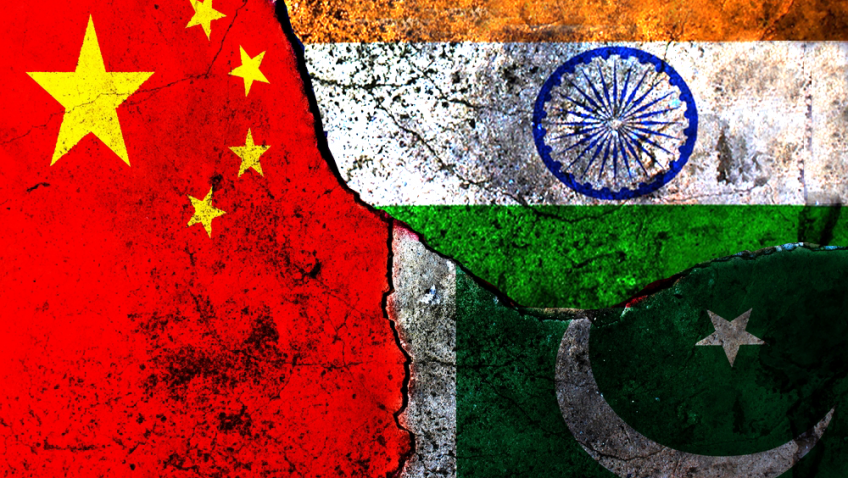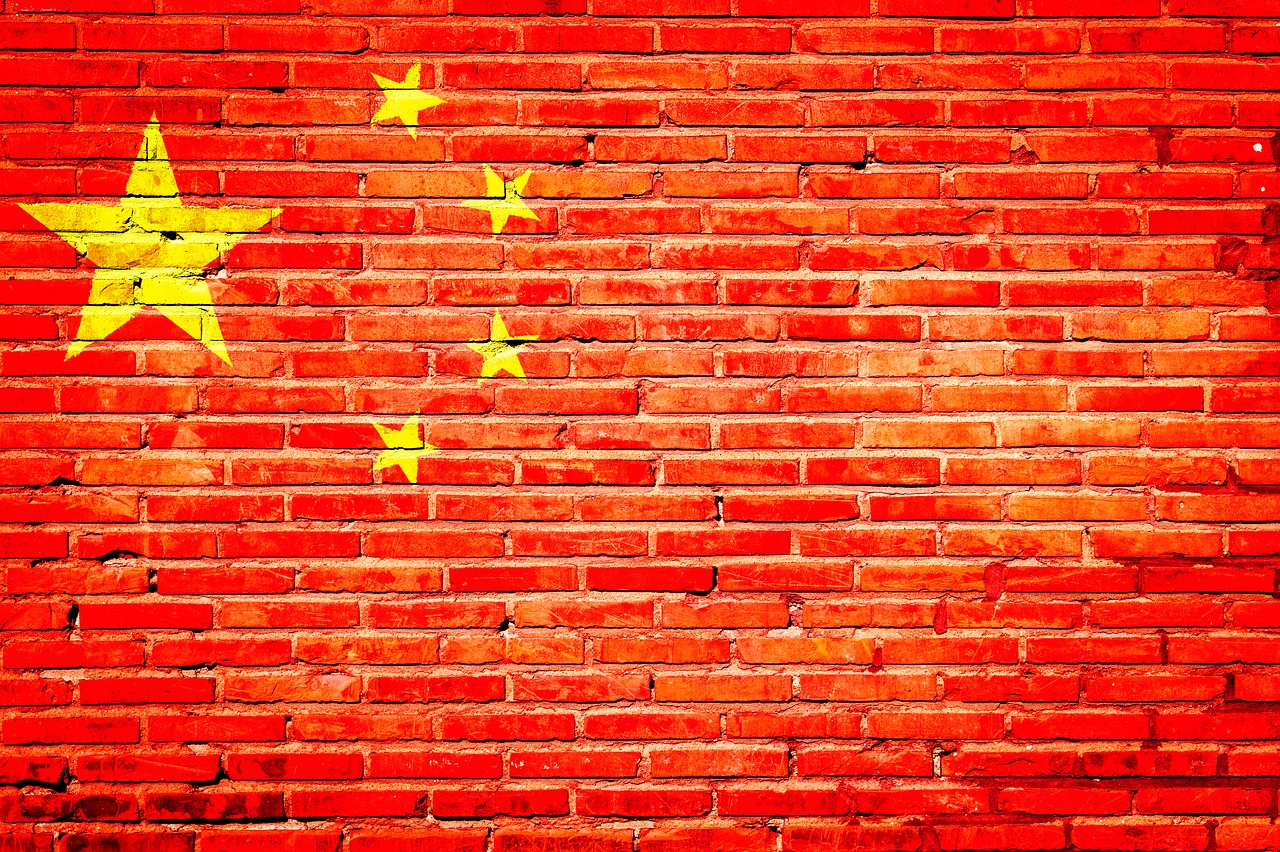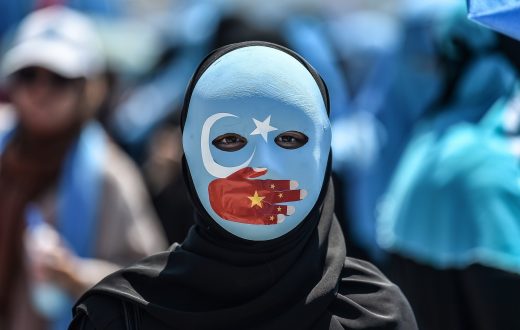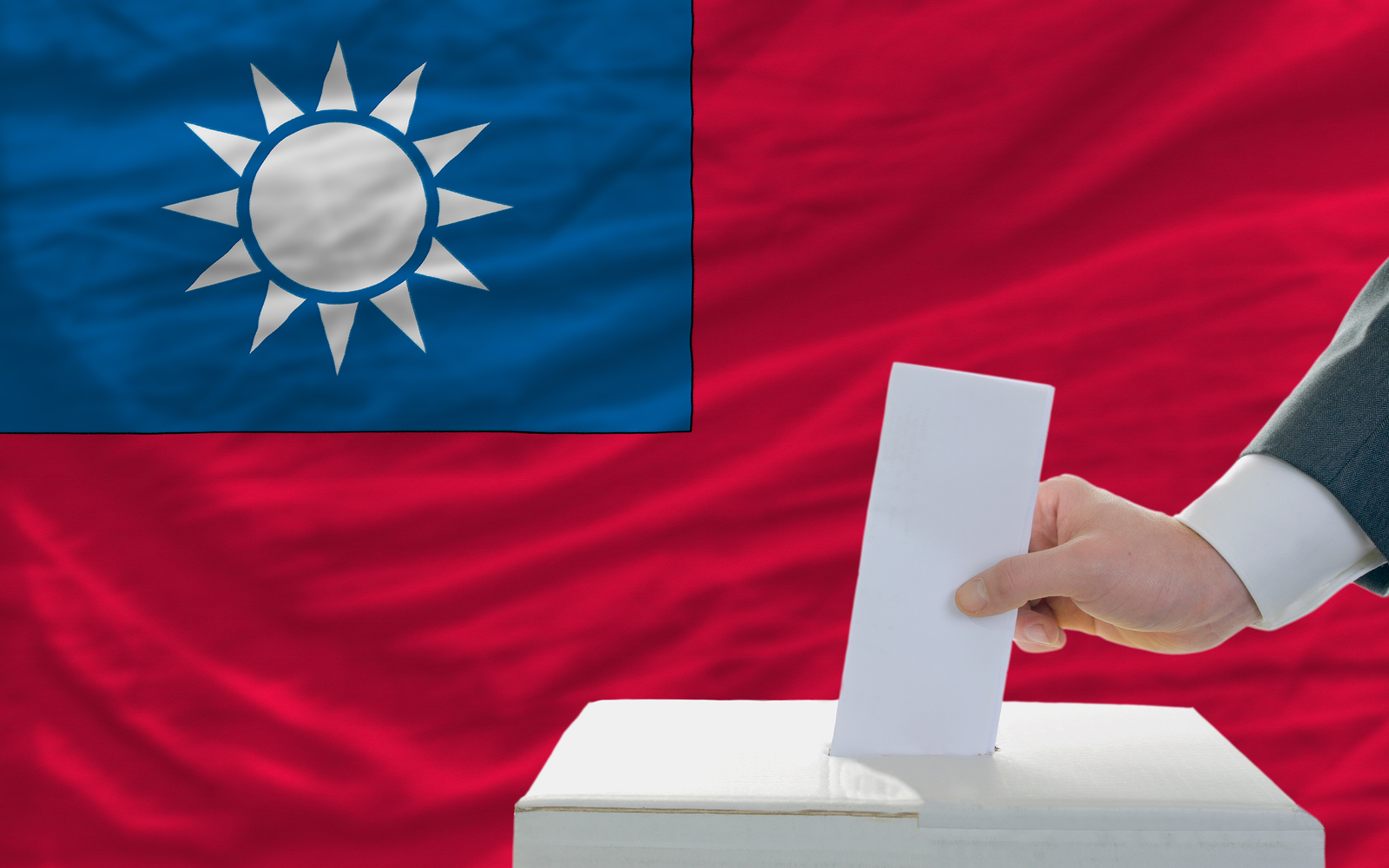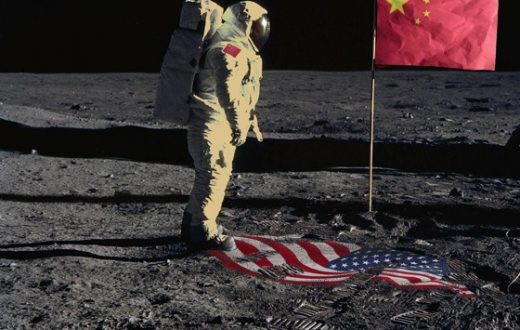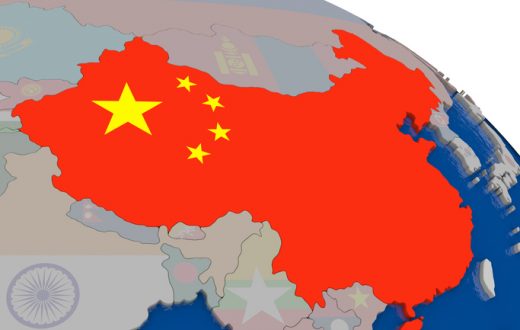Arguably the U.S has dominated the world power politics for more than twenty five years. Increasingly, now the US is facing more contested world which is unfolding in Middle East and South China Sea. violent opposition between the US and China has que
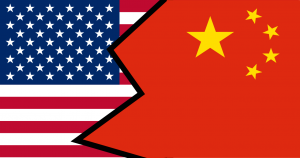
The U.S, being the winner of the cold war one, emerged as a sole super power in the globe, now facing the challenges of emerging China and resurgent Russia. In cold war one, Soviet Union was only enemy of the U.S in the military comparison while China has already gone passed the U.S in GDP and it is the second largest economy of the world. Advancement of China in military field has shunned the US. The trade war between two countries is the manifestation of the cold war which is likely to escalate in future. Let analyse the foreign policies of the Us against China through the lens of realism.
Being the global power, the US seeks to consolidate his position and her formulation and implementation of foreign policy is best guided by the ‘offensive’ realism of John Mearsheimer – to ensure survival, it is best to become the most powerful state of the region/globe .The US policies will remain offensive toward China to further her national interest in the world. Being only competitor of the US in the world, China opts to save her stake in the region first. The US’s hegemony can only be maintained if the US gets successful in engaging China in her continent/region to save stakes. The foreign policy of China against the US is guided by ‘Defensive Realism’ of Kenneth Waltz – State must seek power enough for its security. China opts to defend her stake in the region against the US to become the continental power. In pursuit of maintaining ‘balance of power’ against the US, China has acquired advance technology and signed defence treaties with Russia.
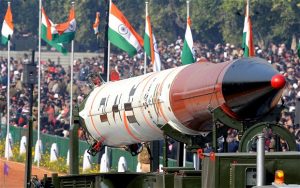
To maintain ‘balance of power’ against the US, China has raised suspicion in New Delhi. China has acquired advanced technology in defence which has aroused many questions in New Delhi’s mind. China being power of Asia, aspires to save her interest in the region against powers. There is zero sum game for china against the India in the region. For instance, to consolidate her position in the region against global power the US, China acquired Nuclear weapons and ‘balance the power’. This balancing of power by China, certainly, disturb balance of power with India. In order to save her interest in the region Indian foreign policy against China is defence realism. It was imperative for India to acquire Nuclear weapons in order to balance the equation of power. In 1974, India acquired Nuclear weapons and acquired minimum ability to defend herself against China. Now India has acquired minimum defence against China so that China cannot dictate her in the region.
Meanwhile, acquiring of Nuclear weapons by India has disturbed the balance of equation between Pakistan and India. India aspires to become a regional power in the south Asia and her foreign policy toward Pakistan is offensive realism. In order to save her interest against India, Pakistan sees India through the lens of defensive realism. It was indispensable for Pakistan to acquire Nuclear weapons to protect her interest in the region. China also sees Pakistan as a competitor to India. China supports Pakistan against India so that India cannot challenge her hegemony in the region. Similarly, Saudi Arabia, Iran and Israel are competing against each other in the region on the same pattern.

